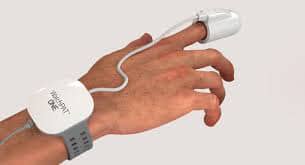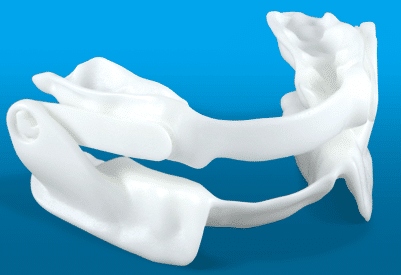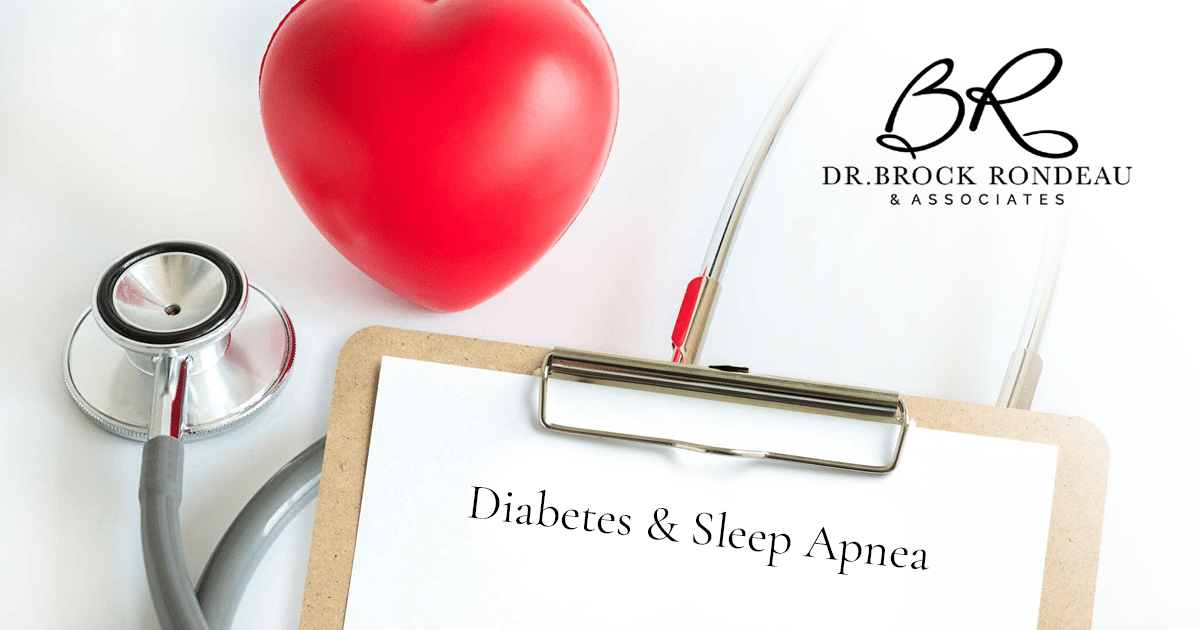Do you snore or wake up frequently during the night? Do you have diabetes? Did you know that they are connected? Obstructive sleep apnea is a condition in which breathing is interrupted during sleep due to a physical block in the upper airway.
The correlation between Type 2 diabetes and sleep apnea is evidenced in multiple studies, showing that most people who struggle with this type of diabetes also deal with the sleep disorder.
The Link
Type 2 diabetes is a chronic condition that affects the way your body regulates sugar, resisting the effects of insulin or not producing enough to maintain normal glucose levels. Studies are still being performed to understand exactly why this happens. Factors like being overweight or inactive, and even genetics are considered the most common causes. Sound familiar? These are also causes of sleep apnea.
Several studies were conducted on patients with and without diabetes to evaluate the impact that obstructive sleep apnea has on glucose metabolism. The results often reveal that when they are both present in an individual, the conditions have a negative, cyclical effect on each other.

How Does Sleep Apnea Worsen Diabetes?
Managing diabetes when dealing with obstructive sleep apnea can be a real struggle due to the consequences of interrupted breathing. When your breathing pauses during sleep, the levels of carbon dioxide in your blood increase, which leads to insulin resistance, elevated blood pressure, headaches in the morning, and higher risk of additional cardiovascular problems.
Another issue that sleep apnea presents to diabetic patients has to do with emotional stress and mental health. The lack of rest or sleep can negatively affect motivation and discipline needed to plan meals or exercise, which are very important aspects in the treatment for diabetes. Sleepiness can also cause irritability, which affects relationships and work, impacts focus and memory, and even causes people to forget to take medications.
It’s important to note that sleep apnea also causes other serious health problems including high blood pressure, heart attacks, and strokes. It also puts you at five times greater risk for cancer, kidney problems, dementia, and Alzheimer’s.
Sleep Apnea Diagnosis
To diagnose sleep apnea, patients first come in for a consultation and then undergo an at home sleep study. For the home sleep study you will sleep in your own bed with a very comfortable test called the Watch PAT. Below is a photo of the Watch PAT which shows how the device fits on the wrist with a pulse oximeter on the finger. It’s a comfortable and accurate procedure.

Our office then sends the home sleep study to a sleep specialist who makes a diagnosis. If the patient has mild to moderate sleep apnea they are good candidates for an oral appliance.

If you are interested in this comfortable home sleep study to help diagnose sleep apnea, please call Dr. Rondeau’s office today at 519-455-4110 or go to our website at www.ortho-tmj.com to make an appointment. This first step will hopefully get you on a pathway to better health. The goal is to prevent sleep apnea and diabetes as well as all the other health problems associated with sleep apnea. Your bed partner will also appreciate the fact that the loud snoring has also been reduced and they can finally get a more restful sleep.






